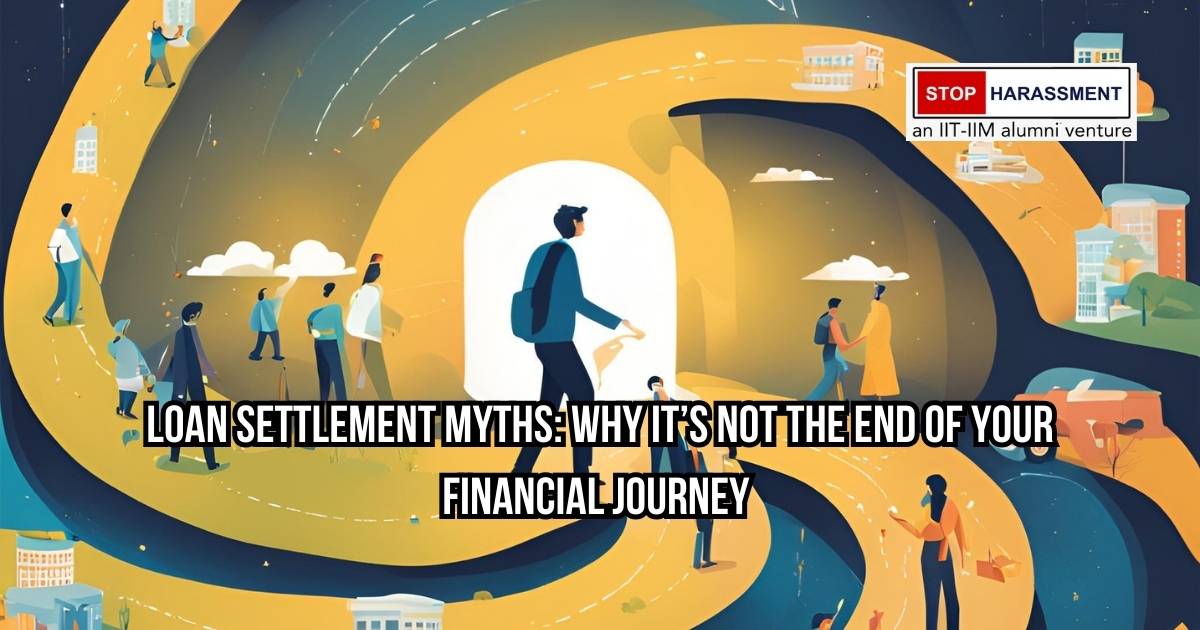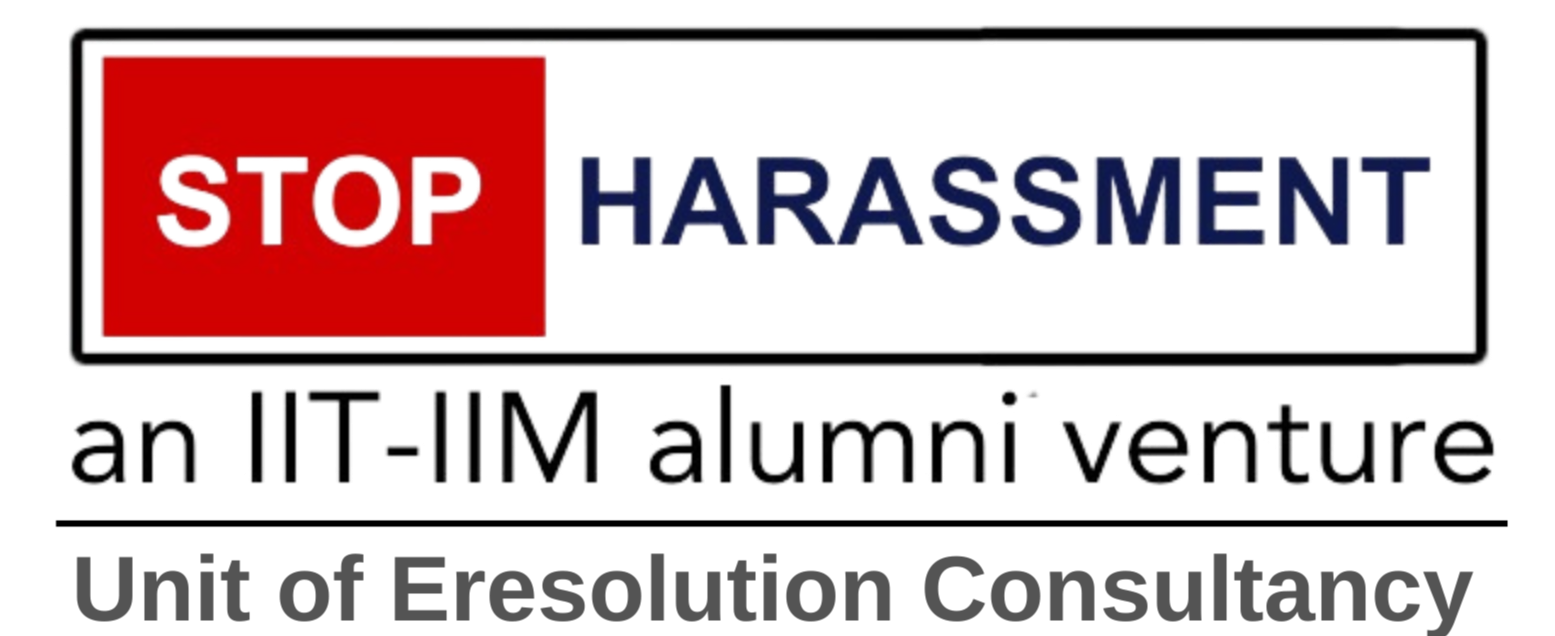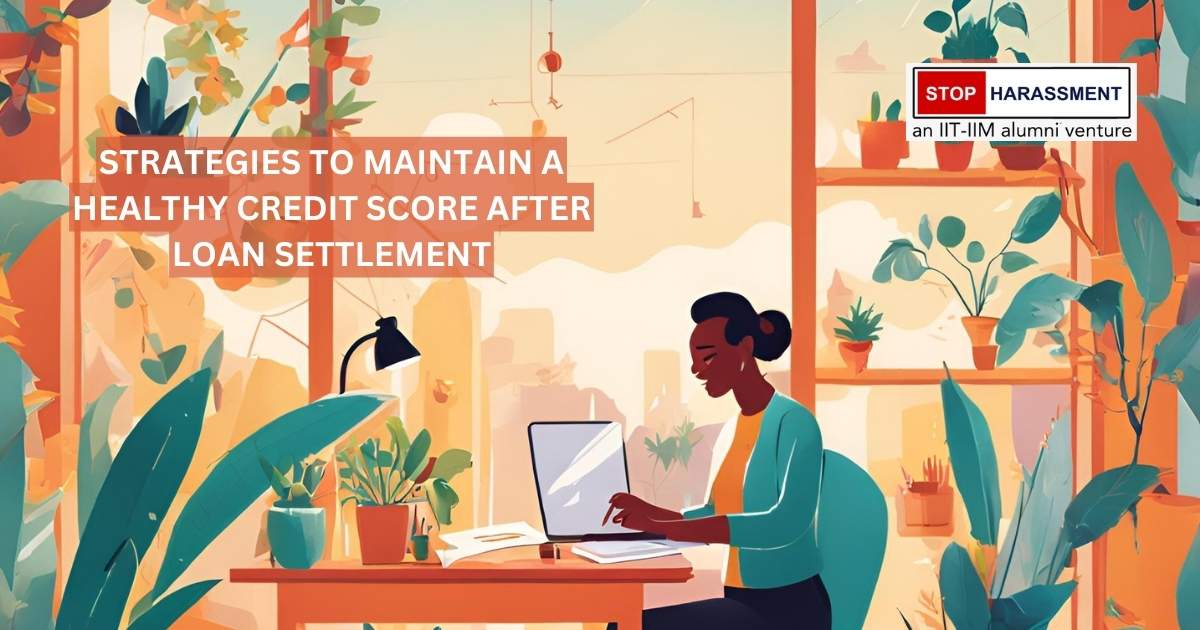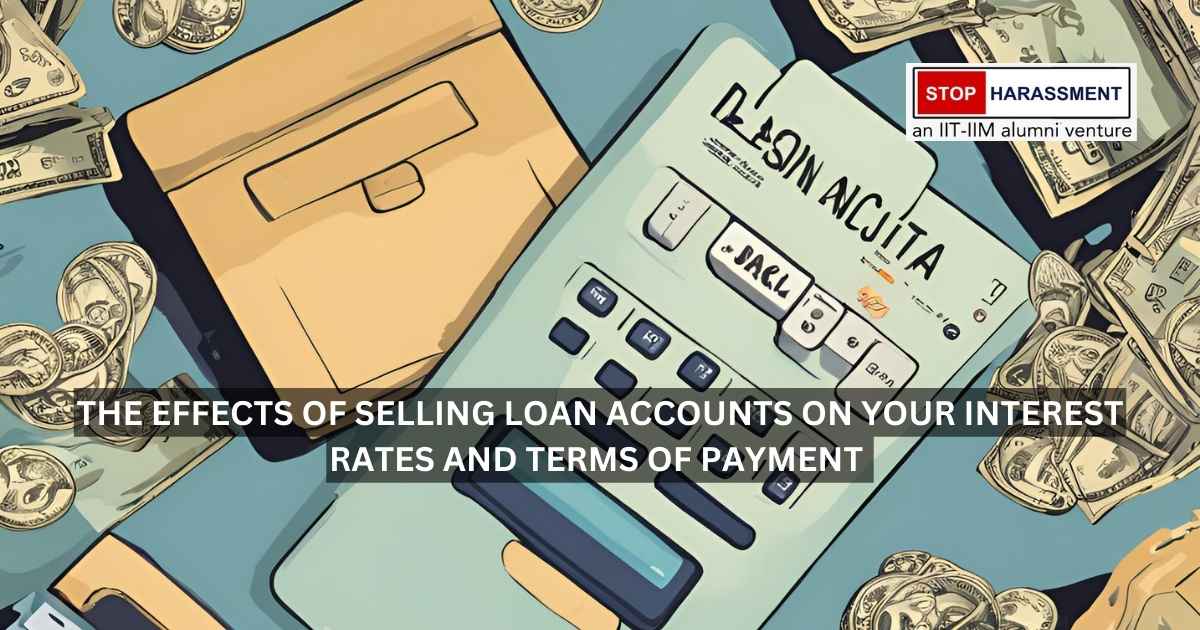· Finance · 5 min read
Loan Settlement Myths: Why It’s Not the End of Your Financial Journey
Debunking common myths about loan settlement, exploring its benefits, and how it can be a vital step towards financial recovery.

When it comes to debt management, the term loan settlement often brings negative thoughts and misconceptions. Many borrowers fear it, and some see it as a signal of the end of their financial security. However, the reality is quite different. When approached wisely, loan settlement can actually be a stepping stone towards regaining control over your finances.
In this article, we will debunk a few common myths about loan settlement and explore the reality behind them.
Does Loan Settlement Mean You’ve Failed Financially?
Loan settlement is not a sign of financial failure; rather, it is a solution for people experiencing financial difficulties. Life is unpredictable, and financial setbacks can affect anyone, whether due to medical issues, job loss, or unforeseen bills. Loan settlement offers an organized approach to addressing these issues by negotiating with the lender to pay a lower amount as the full and final payment. Instead of disregarding your debts, choosing a settlement demonstrates that you accept responsibility for your financial commitments.
Will Loan Settlement Destroy Your Credit Score Forever?
While debt settlement might influence your credit score, the impacts are not permanent. When a loan is finalized, the lender may list it as settled rather than closed on your credit report, thereby lowering your score. However, with regular efforts to rehabilitate your credit, such as paying bills on time and avoiding new loans, your score can gradually improve.
Furthermore, despite making changes to your financial conduct, you may still be eligible for additional loans. Lenders consider a variety of factors, and a history of settlement does not automatically exclude you from future loans. Many debtors have successfully taken out new loans after displaying increased financial control.
Will the Lender Not Agree to a Settlement?
Lenders are frequently eager to negotiate settlements, particularly if they consider recovering a portion of the loan preferable to losing the full amount. They appreciate that debtors may face genuine challenges and would prefer a settlement over lengthy legal proceedings or unpaid obligations.
However, it is critical to approach this procedure intelligently. Be open about your financial condition, present any appropriate evidence, and express your desire to remedy the issue. Hiring a financial adviser or mediator might also help you navigate the bargaining process more efficiently.
Can You Rebuild Your Financial Reputation After a Loan Settlement?
A debt settlement may have a short-term impact on your financial image, but it does not imply you will never recover. Here are some strategies to repair your financial situation following a settlement:
Clear any remaining debts: Ensure that any outstanding balances are paid and maintain records of the same.
Monitor Your Credit Report: Check your credit report regularly for accuracy and ensure the settlement is represented properly.
Create a Positive Credit History: Use small, manageable credit products such as secured credit cards or small loans, and pay them off on time.
Avoid Excessive Borrowing: Maintain financial discipline and only borrow when necessary.
With these methods, lenders will eventually see you as a responsible borrower. Many people who’ve settled debts in the past have successfully obtained fresh loans by demonstrating their improved financial habits.
Is Loan Settlement the Only Option for Debt Relief?
Loan settlement is only one of several debt-management options. Alternatives include loan restructuring, in which the lender changes the conditions of your loan (for example, decreasing the interest rate or extending the duration), and debt consolidation, which combines various loans into a single, more manageable payment.
It’s critical to consider all possibilities and select the one that best fits your financial condition. Loan settlement should be explored when other options are not viable.
Can You Take Another Loan After Settlement?
Many borrowers feel that settling a debt disqualifies them from borrowing again, although this is not the case. While lenders may look more closely at your credit history following a settlement, they also examine your present income, employment stability, and recent credit conduct. To increase your chances of receiving another loan:
Rebuild your credit score: Pay your bills on time, keep a low credit utilization percentage, and avoid defaults.
Start Small: To reestablish confidence with lenders, consider asking for smaller loans or secured loans (for example, a loan against fixed deposits).
Present a Strong Case: Be open about prior financial difficulties and show how you overcame them.
Remember that lenders are prepared to offer debtors a second opportunity, provided they demonstrate financial responsibility and stability.
Conclusion
Loan settlement is a financial choice, not an assessment of your character or ability. It’s a realistic technique to deal with financial troubles and regain control of your life. By taking proactive actions and obtaining advice, you may overcome the temporary obstacles of a settlement and begin to recover your financial health.
Furthermore, repaying a debt does not permanently prevent you from borrowing again. With the appropriate attitude and regular attempts to modify your financial habits, you can regain access to credit. Financial recovery is a process, and debt settlement may be a vital step towards stability. Don’t allow falsehoods to prevent you from making informed decisions; your financial destiny is still in your hands.

.CQX6XYsF.jpg)

